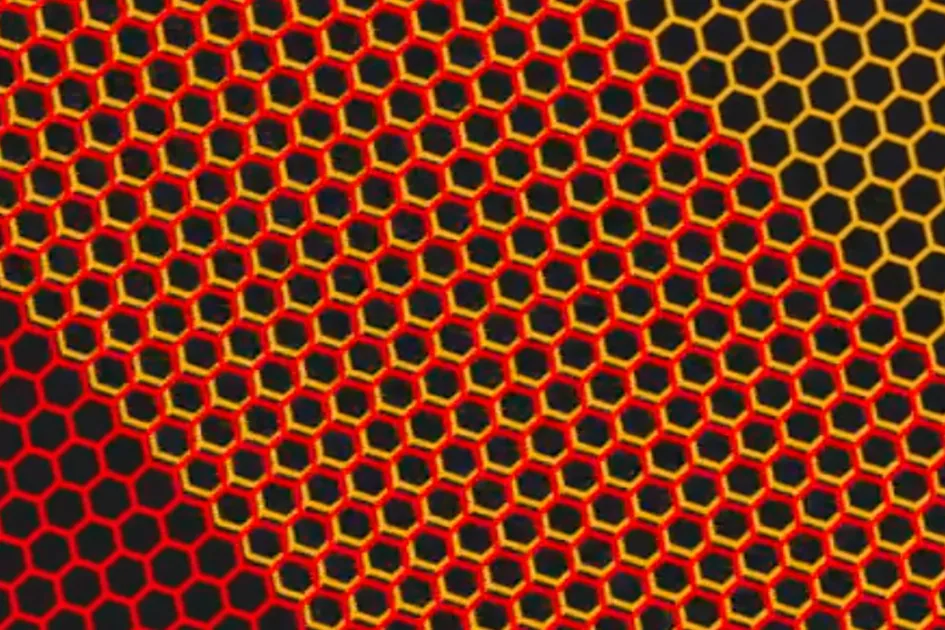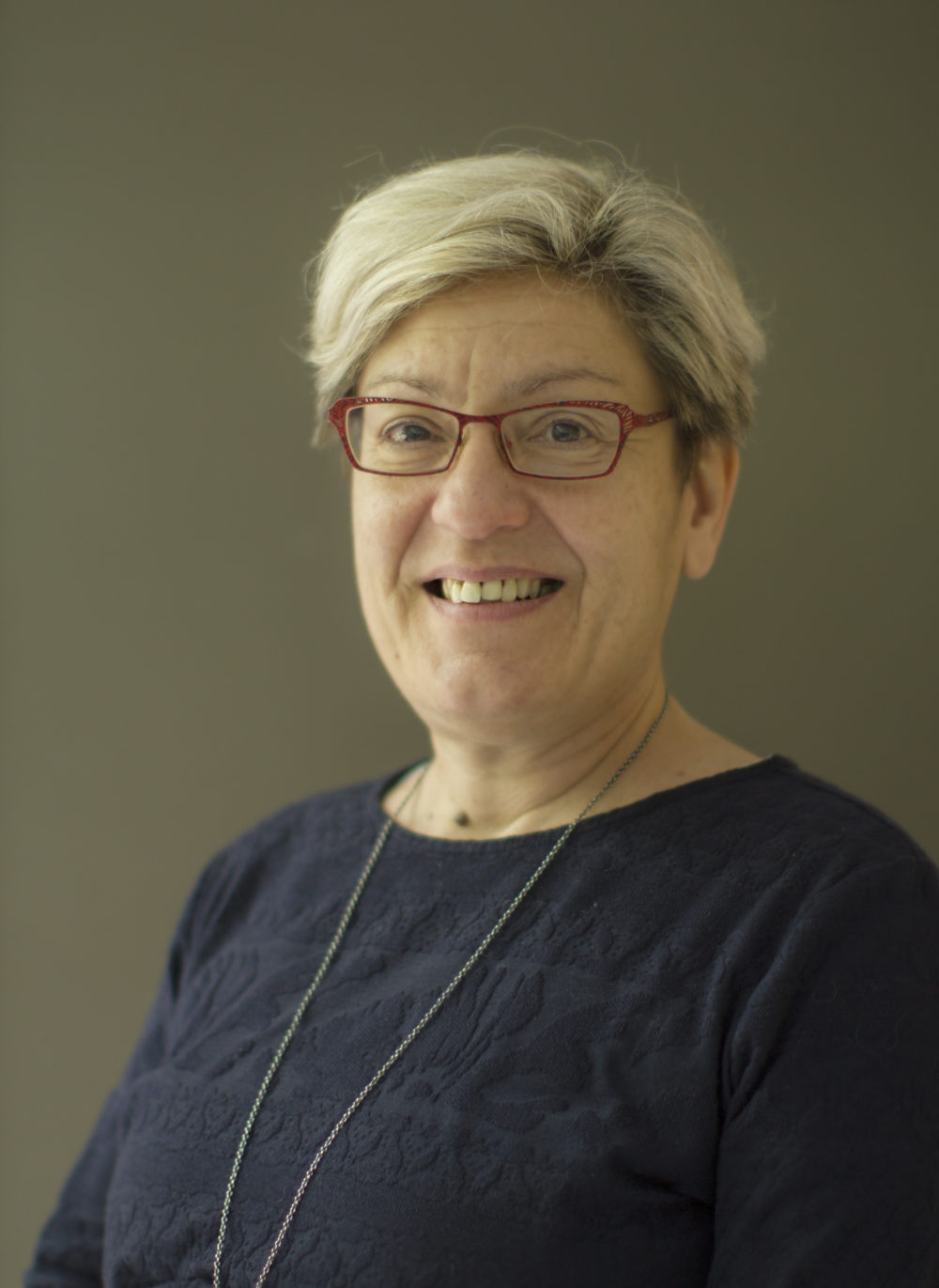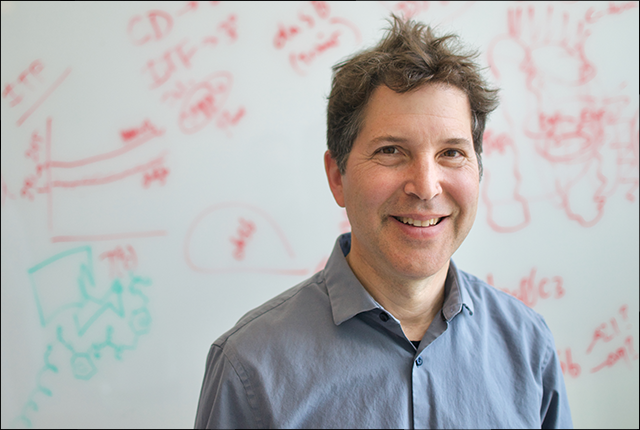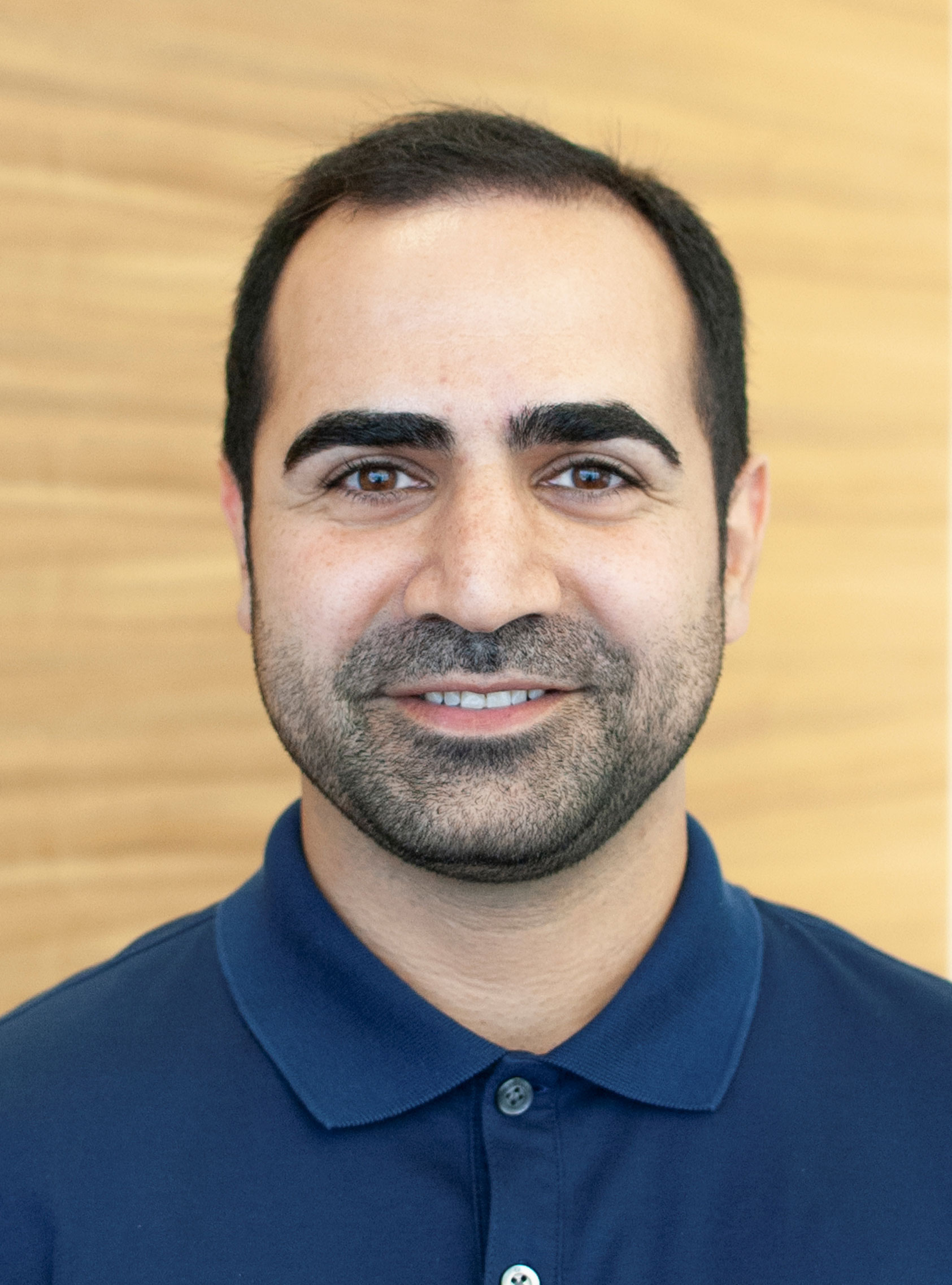In the University of Washington’s Washington Nanofabrication Facility (WNF), undergraduate lab assistants have a unique opportunity to receive on-the-job training from research engineers and network with professionals in advanced electronics, nanotechnology, semiconductors and fabrication-related jobs. Fourth-year electrical and computer engineering major Prithvi Krishnaswamy’s work in the WNF helped him land a summer internship at Nvidia, a company that designs hardware and software for the high-performance computing (HPC) market. Krishnaswamy interned at its Durham, North Carolina office.
WNF student lands dream internship at Nvidia







